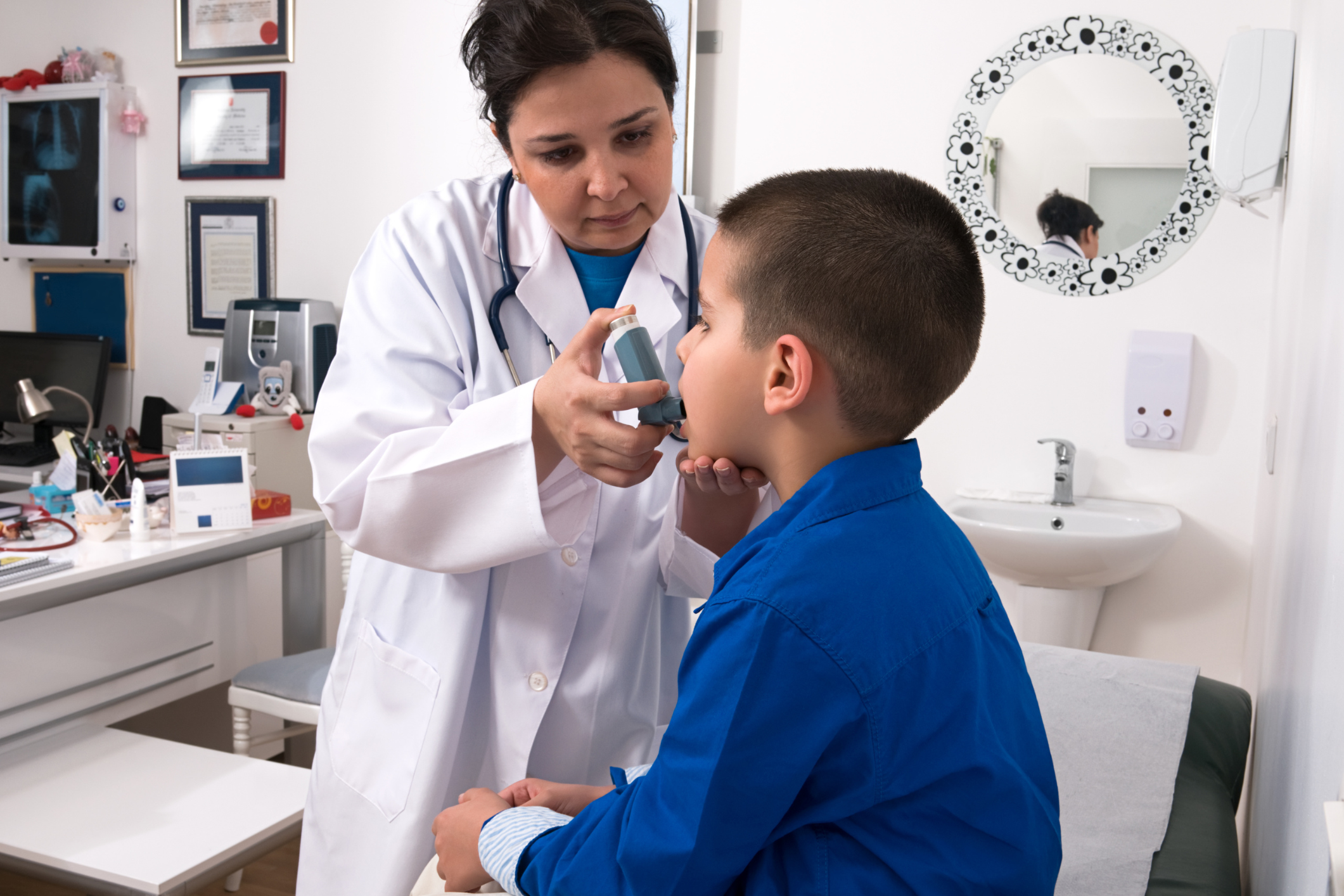
How School Nurses Can Leverage AI
A few years ago, we surveyed the Magnus Health community to identify trends and pain points within school health offices. We discovered that school nurses spend up to 38% of their time on administrative tasks like documentation and compliance reporting.
While many of these administrative tasks can be streamlined with electronic health record software, school health offices are also starting to explore artificial intelligence. Keep reading to learn how you can harness AI to increase office efficiency, enhance health education, and even improve student intervention.
Health Office Workflows
It should come as no surprise that health offices are one of the most short-staffed departments at school. The American Academy of Pediatrics previously recommended one school nurse for every 750 students, a ratio that is now deemed inadequate. School nurses juggle a wide variety of responsibilities, often without the time or staff to get everything done.
According to a recent study from Veracross, 47% of school health and wellness professionals have started to use AI to supplement their workload. Health staff at larger day schools are more likely to use AI, likely because they serve a larger student population and have a heftier workload.
Those using AI mainly use it to increase efficiency with health forms, treatment notes, and communication. School nurses are primarily using generative AI tools like ChatGPT to draft parent emails and transcribe meetings into notes.
These time-saving tools are helping health staff save up to 40% of their workload each week, equivalent to 16 hours during a 40-hour workweek. Think of all the things you could do with 16 extra hours each week!
Health Education
School nurses are also responsible for educating their communities about healthy behaviors and lifestyle choices. Health education may take place in a dedicated class, health fair, or school assembly on topics like physical activity, drinking, or puberty.
According to data from Veracross, 44% of school health staff are using AI to educate students. Artificial intelligence can help school nurses personalize education to match students’ areas of interest or learning styles. Some nurses are also using AI to offer immersive learning experiences through virtual reality and AI simulations.
Both tactics can help increase student engagement and knowledge retention.
Early Identification and Intervention
Another area of opportunity with AI is student health monitoring. Health offices collect data every single day through electronic health records and wellness monitoring tools. AI can analyze this data to identify trends and areas of concern before they arise.
Veracross data shows that one-quarter of school nurses are using AI to analyze behavioral trends. 19% are also using it to identify at-risk students or threats of violence and bullying.
By using AI to identify and analyze these trends, health staff can be proactive and pinpoint issues in real-time. It also allows for a more personalized approach to student care, helping students feel known and understood with treatment plans that are curated to their needs.
Using AI in Health Offices
Whether you’re looking to increase efficiency, elevate education, or enhance student health monitoring, AI can be a helpful assistant for school nurses.
Consider these tips before you dive in:
- Check your school policy. Some schools are restricting AI usage more heavily than others. Make sure you’re allowed to use it and that you know which tools are approved on campus.
- Be mindful of sensitive school data. Never put confidential information into an AI tool. Use placeholder names and details in place of personal identifiable information.
- Use your best judgment. One of the biggest mistakes people make is trusting AI blindly. Use it as a thinking partner and efficiency booster — not a replacement for your own thoughts and ideas. Fact check everything and do your due diligence to make sure all responses are valid.
We hope these tips help you explore AI in positive and productive ways within your health office!

